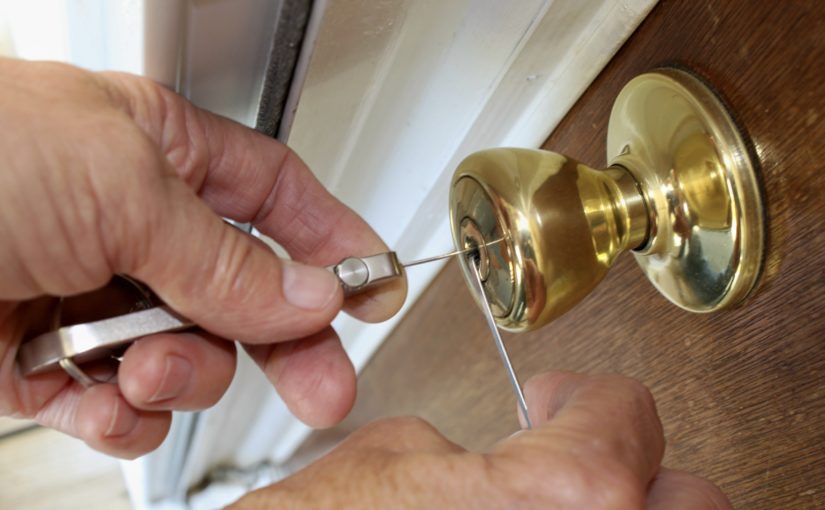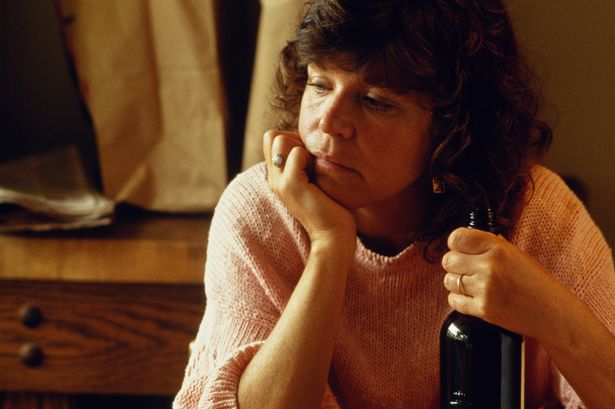
With millennials taking the cake for the most stressed generation, practices like yoga, meditation, and self-care, in general, are becoming increasingly commodified. Going to spas, meditation retreats and weekly or even daily yoga classes become trendier by the day, and the idea that mindfulness is only for the wealthy and the white seeps deeper into our consciousness. And if you’re like me, you wouldn’t touch this faux-enlightened, gentrified, culturally-appropriative, capitalist garbage with a thirty-nine and a half foot pole.
Understand, I’m no stranger to the artsy, new age hippies. I go to theater school, and over the past four years, have basically whittled my skills down to rolling around on the floor and out-of-context vocal exercises. BUT learning mindfulness was an essential component of my training and HAS helped me in my everyday life deal with anxiety, depression and stressful situations.
So today I am here to demystify mindfulness and spread it to the masses! Despite how cult-y yoga and meditation can appear, you don’t need to be a trust fund or a floating embodiment of positivity to learn and practice mindfulness. You can be a Grinch and still practice awareness, presence, and self-compassion.
What is this mindfulness thing?
Well, my fellow grinches, mindfulness is just being aware of the present moment.
That’s it. I swear. Just staying present with your body’s sensations, your thoughts, and your emotions without placing judgment on them.
You may not know it, but you may have been practicing mindfulness without even knowing it. Our friends at The Treatment Center have put together a helpful quiz to gauge your how often you use mindfulness.
So what’s so great about it?
No grinches are immune to anxiety or worries. Using simple mindfulness exercises helps to ground you, and better prepare you for dealing with stressful situations. Mindfulness helps you listen to signals that your body gives you, and helps you manage your emotions and resist immediate impulses.
But HOW do you practice this mindfulness thing?
There are a couple different mindfulness and relaxation techniques.
Being Present: This can be done anywhere: just take stock of what you’re feeling. What kind of thoughts are you having? What emotions are you feeling? How does your body feel? Give attention to each of your body parts, and special attention to the rhythm of your breath. Take in information from each of your senses. This method in particular help people in the middle of panic attacks.
Acceptance: Once you’re present and aware of yourself and your surroundings, try not to judge wherever you’re at. Because of all those rich yuppie gurus who ruin everything, you’re probably going to think you’re not doing it right or you should be having a different reaction. But this is a part of practicing mindfulness! We work to accept thoughts, emotions and states as they are, and hold back from dubbing something ‘good’ or bad’. The more you accept what you’re feeling and thinking, the more time you give yourself to decide how to react in a given situation.
Awareness Meditation: Sit down anywhere that’s comfortable, and bring your attention to your breath: In and out, in and out. When your focus moves to something else, just gently guide it back.
Routines: You heard correctly, grinches: you can do this during any almost activity! When you’re walking, doing dishes, working, even while you’re ruining Christmas. Just keep taking in your surroundings, and observing your thoughts and emotions.
But I’m a Grinch! Taking care of myself and my emotions don’t sound fun!
Time for some hard truth, grinches. Everybody needs self care. Self care isn’t glamorous or very much fun, but it’s gonna help prevent us from reacting impulsively or sinking into an unpleasant mental state. Mindfulness gives us the ability to reflect before reacting and letting emotions pass through us. This is a holistic therapy you can give to yourself. Students in particular benefit from mindfulness, because when anxiety and stress aren’t dealt with, students are more susceptible to depression, substance abuse addiction and other mental health issues.
So go forth! Use these skills! Find some inner peace and self-love without spending a lot of money and being an appropriative jerk wad about it!











 Duncan Macmillan’s People, Places and Things
Duncan Macmillan’s People, Places and Things

